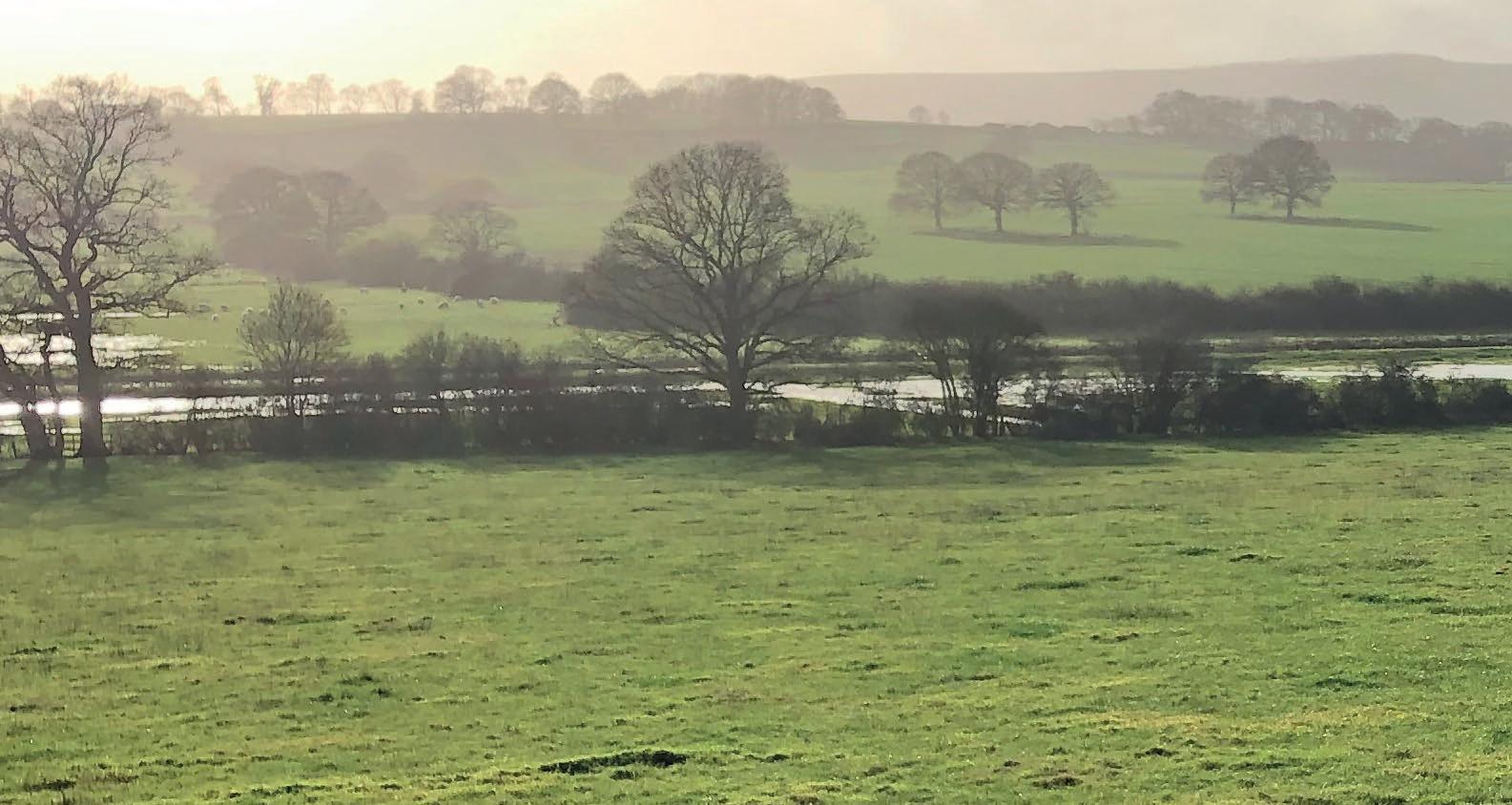Charles Abel • Charitable Trust
FCCT Educator CARLA COGHLAN SRUC, Craibstone Estate, Aberdeen – looking at how agri-tourism is creating additional income streams and spreading risk on New Zealand farms, whilst helping to bridge the education gap between consumers and producers. Visiting farming organisations and farms in NZ, including sheep, fruit, deer and lavender producers, will reveal useful principles around identifying target audiences, marketing and potential constraints on agri-tourism, with a strong focus on meaningful experiences giving the public experiential “living their life” agri-tourism.
CLAIRE TOOGOOD Harper Adams University, Shropshire – investigating the role of HR principles in attracting and motivating workers from non-agricultural backgrounds, especially after last year’s Pick for Britain initiative foundered. Agriculture requires the right people, including from diverse backgrounds, but needs to do more to facilitate their involvement. Research undertaken at a range of UK education and apprenticeship providers will develop case studies and identify principles to support the teaching and development of effective people management and leadership skills.
DR KATE JOHNSON University Centre Sparsholt, Hampshire – looking at marine herbivorous fish and how their nutrition can be optimised while ecosystem impacts are minimised. Malaysia has invested substantially in novel high quality species and their farming over recent years. Visits would investigate high value species more aligned to UK consumer tastes, such as grouper, sea bass, snapper and giant trevally, plus shrimp farming on a very large scale. The success of sustainability approaches will be considered.
SARAH WHALEY Duchy College, Cornwall – comparing the deployment of agro-ecology principles in the UK with the adoption of more radical syntropic agriculture on a 410ha farm in Bahia state, Brazil, developed by Swiss farmer and researcher Ernst Götsch, and Sitio Semente farm near Brasilia. Syntropic agriculture aims to mimic nature, particularly through bio-dynamic approaches to multi-cropping and targeted crop management during the season. Promoting such ideas would stimulate ‘outside-the-box’ thinking and the merits of collaborative efforts.
TOM FURNESS University Centre Reaseheath, Cheshire – looking to visit centres of expertise to investigate the wide range of low input systems and better understand how simple underlying principles can be adopted in conventional livestock operations to improve sustainability. By visiting a range of farms, estates and research institutes within the UK, and attending formal training and virtual and face-toface conferences, with emphasis on grassland management, the findings would help improve the environmental impact of livestock agriculture.
14 • The Farmers Club Spring/Summer 2021










